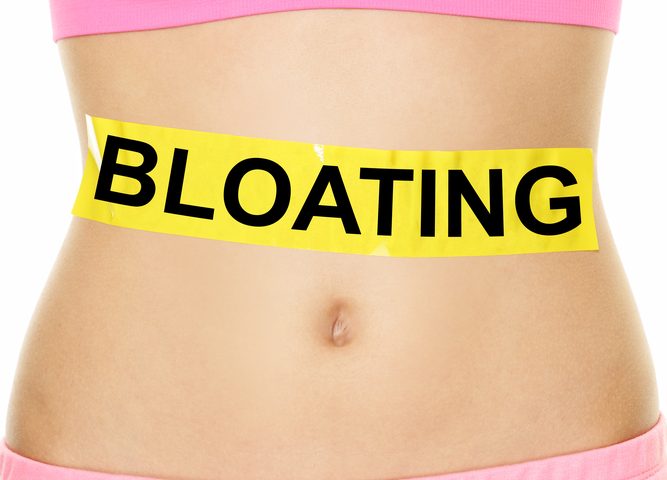The same carbohydrate-limiting diet that helps people with irritable bowel syndrome (IBS) may help improve bowel problems in women with endometriosis, according to a retrospective analysis.
That diet is called FODMAP, which stands for Fermentable Oligosaccharides Disaccharides, Monosaccharides and Polyols. FODMAPs are short-chain carbohydrates found in several fruits, vegetables and grains. They are poorly absorbed in the small intestine, so the diet limits their intake.
Endometriosis is often misdiagnosed as irritable bowel syndrome (IBS), since both conditions have common symptoms. Complicating the situation is that many women with IBS also have endometriosis.
The study dealt with women who had IBS, or both endometriosis and IBS.
The research, “Endometriosis in patients with irritable bowel syndrome: Specific symptomatic and demographic profile, and response to the low FODMAP diet,” was published in the Australian and New Zealand Journal of Obstetrics and Gynaecology.
Endometriosis symptoms include abdominal bloating, diarrhea or constipation, and visceral hypersensitivity, or an increase in internal-organ pain. The same symptoms are common in IBS, which leads to many endometriosis patients being misdiagnosed with IBS.
Researchers sought to identify distinct symptom patterns in women with both endometriosis and IBS. They also wanted to know how women with both conditions would respond to a low FODMAP diet, compared with those who had IBS alone.
“FODMAPs are poorly absorbed, small molecules readily fermentable by bacteria. Their osmotic actions and gas production cause intestinal luminal distension, inducing pain and bloating in patients with visceral hypersensitivity, with secondary effects on gut motility [abnormal contractions],” the authors wrote.
Their hypothesis was that women with endometriosis could benefit from a low FODMAP diet.
The researchers looked at records from an IBS specialty clinic in New Zealand. Patients were evaluated for IBS according to a scale known as the Rome III criteria.
They were then divided into two groups: those with IBS alone, and those with endometriosis and IBS. Both groups were put on a FODMAP diet.
The study included 160 women with IBS, 36 percent of whom also had endometriosis. The research team discovered that some symptoms were more often reported in women who also had endometriosis. They included pelvic pain, menstruation affecting bowel symptoms, and dyspareunia — difficult or painful sexual intercourse.
“This is consistent with a previous study that found these symptoms are suggestive of a diagnosis of endometriosis and more likely misdiagnosed as IBS,” the research team wrote.
“In light of these findings, it is thus proposed that the presence of such symptoms in patients suspected of having IBS, combined with a family history of endometriosis, be included in the list of indices that might direct targeted investigation for the presence of endometriosis,” they added.
A low FODMAP diet for four weeks led to significant improvements in the women’s symptoms. Seventy-two percent who had both endometriosis and IBS reported a more than 50 percent improvement in bowel symptoms. In contrast, only 49 percent of those without endometriosis reported similar improvements.
The findings suggested that many women with IBS also have endometriosis. They also suggested that some symptoms – such as pelvic pain and dyspareunia – and a family history of endometriosis need to be evaluated so patients receive the correct treatment.
Another conclusion was that a low FODMAP diet is a potential strategy for reducing bowel problems in women with endometriosis.

